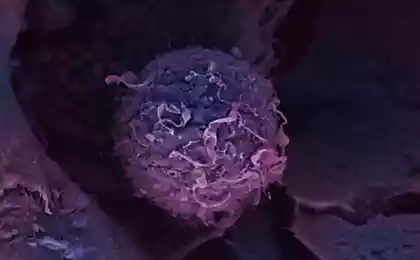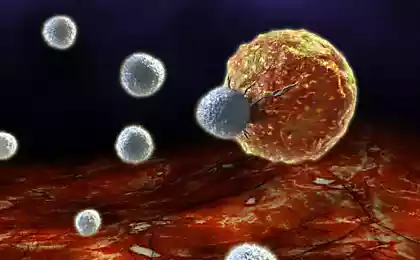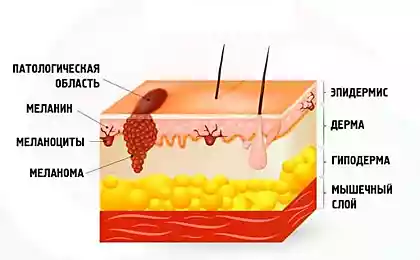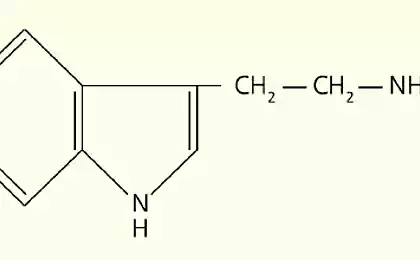995
Aspirin may prevent the development of cancer of the skin
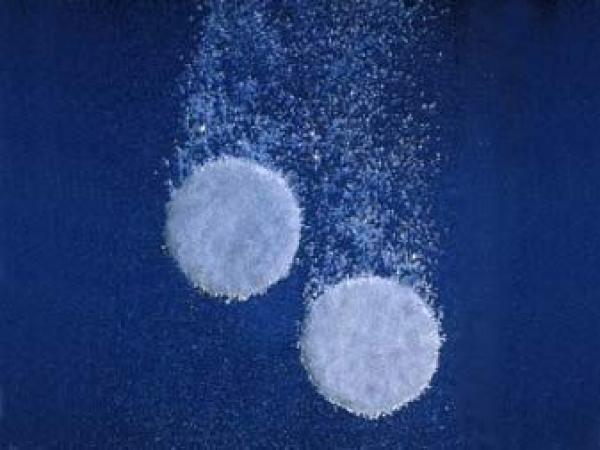
Previous studies have already suggested that NSAID drugs (NSAIDs) such as aspirin, ibuprofen and similar drugs can significantly reduce the risk of some cancers in humans.
For example, earlier this year, three studies in The Lancet confirmed evidence that a daily low dose of aspirin may protect people at an average age of cancers, especially those that have a particularly high risk.
In another recent study in the British Journal of Cancer, researchers from Leiden University Medical Center in the Netherlands reported that colon cancer patients who took aspirin regularly shortly after diagnosis tended to live much longer.
In this latest study, Sigrun Alba Dzhohennesdottir and his colleagues studied the effect of these medications on three main types of skin cancer: basal cell carcinoma, squamous cell carcinoma, and malignant melanoma.
From medical records relating to subjects people for 1991 - 2009 years old, living in northern Denmark, researchers found diagnoses of squamous cell carcinoma in 1974 cases, 316 cases of carcinoma of the 13 basal cell and malignant melanoma 3242.
Doctors also had information about prescription drugs, allowing the researchers to compare their use in people with skin cancer, of which there were 178,655 people, with the results in people without cancer diagnosis.
The results showed that:
- People with more than two prescriptions for NSAID family of drugs had a 15% lower risk of squamous cell carcinoma and 13% lower risk for malignant melanoma.
- Preventive effect of NSAID was even stronger when the drugs are taken for 7 years or more with a high intensity of reception.
- The positive effect of NSAID was associated with a lower risk of developing basal cell carcinoma.
The press release said Dzhohennesdottir:
"We hope that the potential protective effect of NSAID drugs generate more research on the prevention of skin cancer».
"In addition, the potential protective effect should be taken into account when discussing the benefits and harms human use NSAID».
Basal cell carcinoma - a type of cancer is not melanoma, which develops slowly and painlessly, and rarely spreads further. This - the most common form of cancer in the United States. According to the American Cancer Society, 75% of all skin cancers - basal cell carcinoma. Squamous cell carcinoma - not the type of melanoma and develop a little faster than basal cell carcinoma. Both of these types of cancers are not melanoma are treatable.
Melanoma - the most dangerous type of skin cancer and can spread to other parts of the body very quickly. Some cases can be cured if they are detected early. Melanoma - the main cause of death from skin disease.
Scientists have studied in detail the 1000 protein structures deadly diseases
Doctors question the useful qualities of good cholesterol

